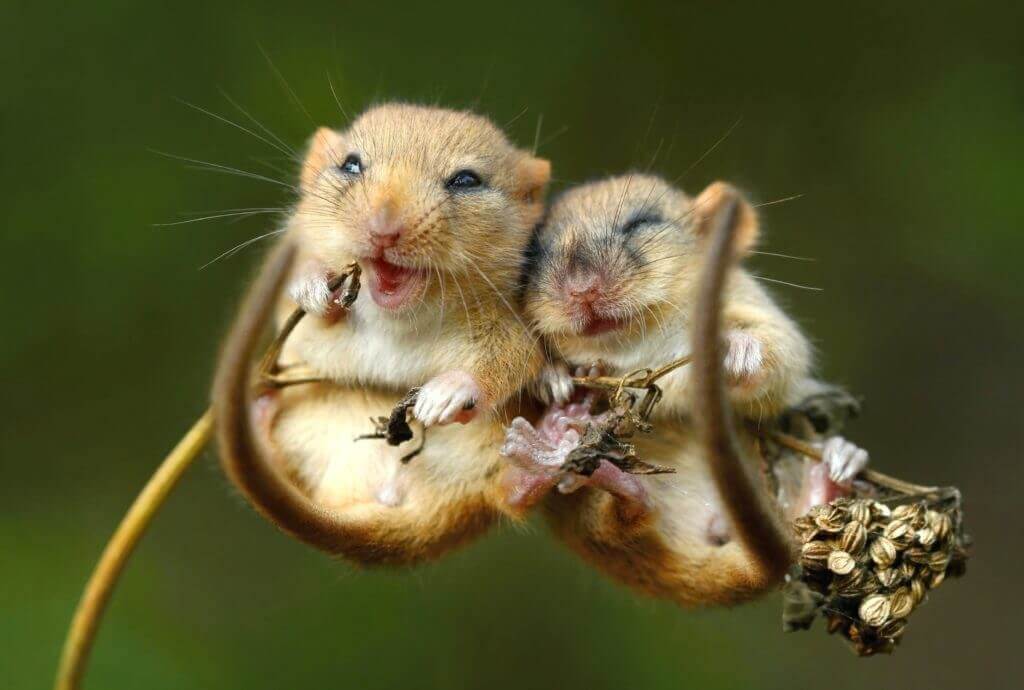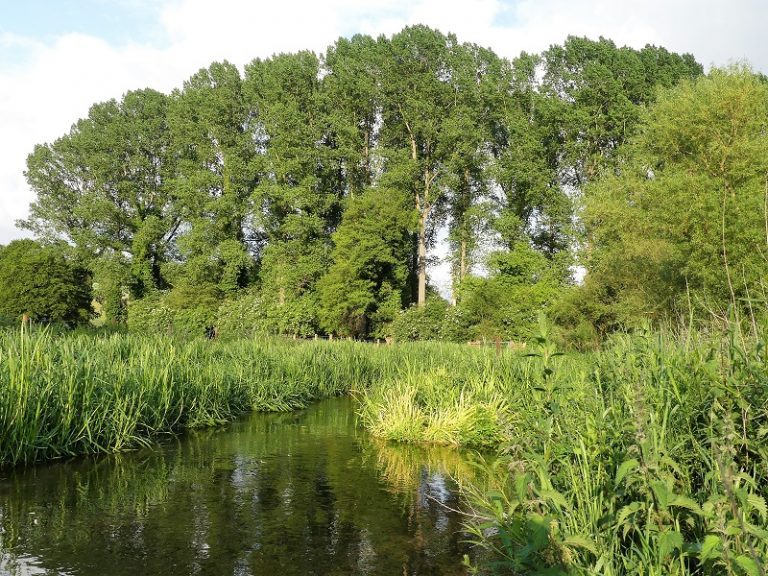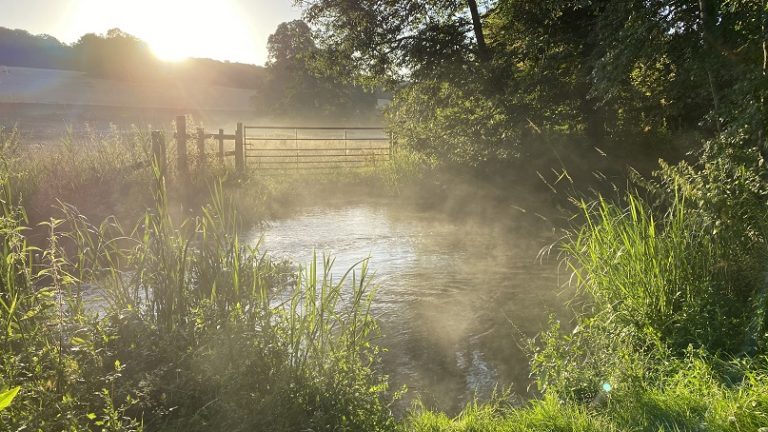The hazel dormouse (or common dormouse) is in decline across the country, and sadly we have seen that populations have plummeted here in the Chilterns.
The reasons for their decline are likely to be complex and may include competition for food and space with introduced pest species including American grey squirrels which eat hazelnuts before they ripen fully, and Fat Dormouse (Glis glis) which may also predate them. We found that the population of Hazel dormice in the Chiltern Society’s Bottom Wood crashed at the same time as Glis glis were first found in next boxes.
Other factors to explain their decline may include changes in woodland characteristics; if woodland is not managed properly or is densely shaded with little understory, there is less dense young tree growth that hazel dormice thrive upon. In addition to the age of trees, the impact of large numbers of deer browsing and removing the undergrowth is another possible contribution factor. In addition, climate change may be altering the flowering times of key food sources (pollen is an important food in spring) along with insects that they also feed on.
So what can we do about it?
In Bottom Wood we need to replace the Dormice nest boxes so the population can be monitored (Dormice are a European Protected Species and require Natural England licenced handlers). We also need to continue to improve the habitat by roughly laying the hazel hedge in certain areas of the woodland to create a dense tangle of undergrowth, including bramble and honeysuckle, that we hope will be more suitable for them and will encourage numbers to increase.
The dormouse is a species that can benefit from positive woodland management. Leaving a woodland unthinned, or coppice uncut, eventually reduces the understorey and the quality of the habitat for dormice. The shrub layer and understorey of woodland needs to be enhanced and it is also important to develop a flowing network of connecting belts of scrub and suitable habitat that is necessary to sustain thriving dormouse populations over time.
But in order to do this we need your help!
The dormice of the Chilterns would be extremely grateful if you could make a donation to help their cause. A portion of the proceeds raised will go directly to the Chiltern Woodlands Project; a charity that specialises in local woodland management, and helps us to maintain some of our own woodland reserves.





